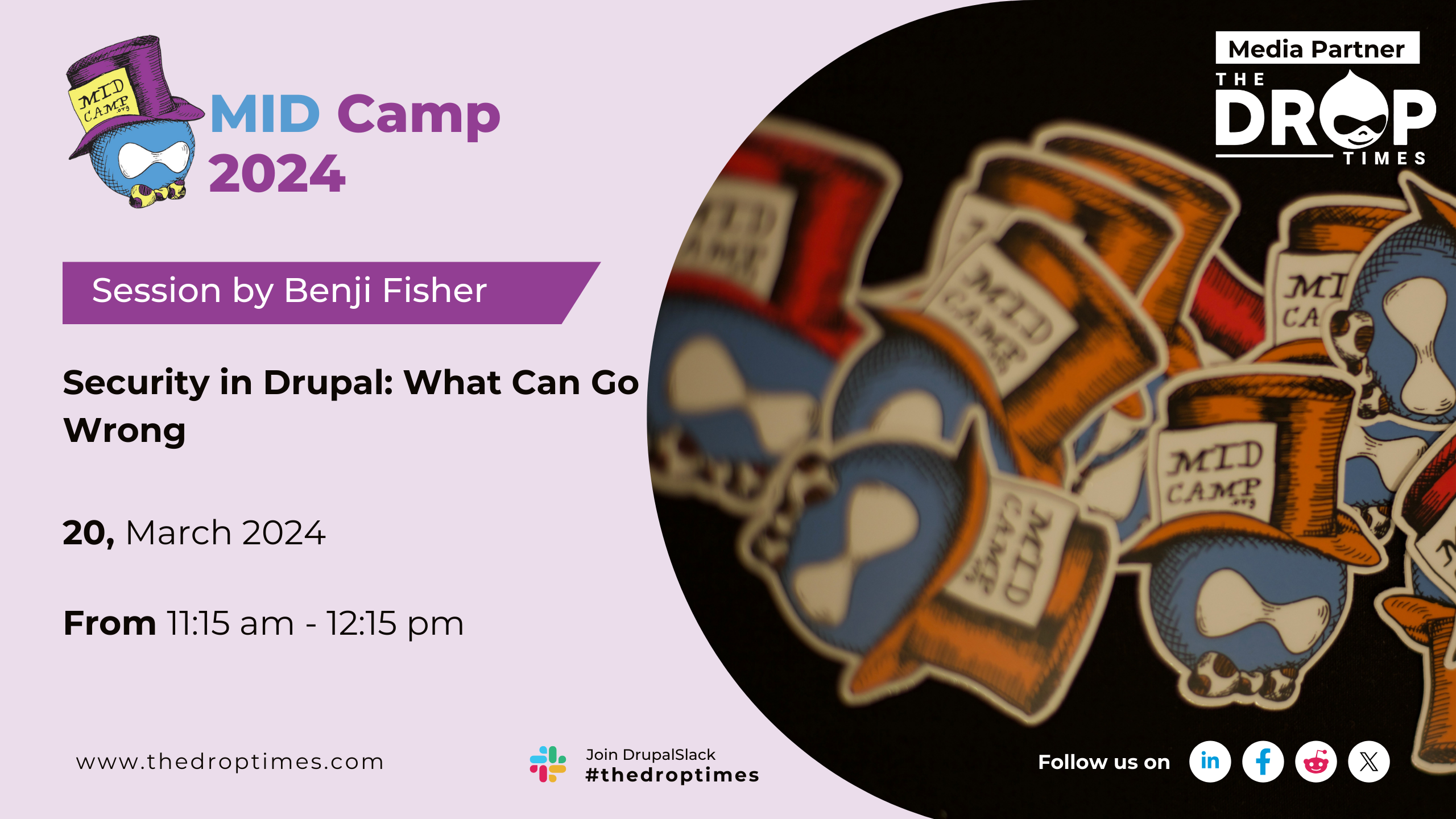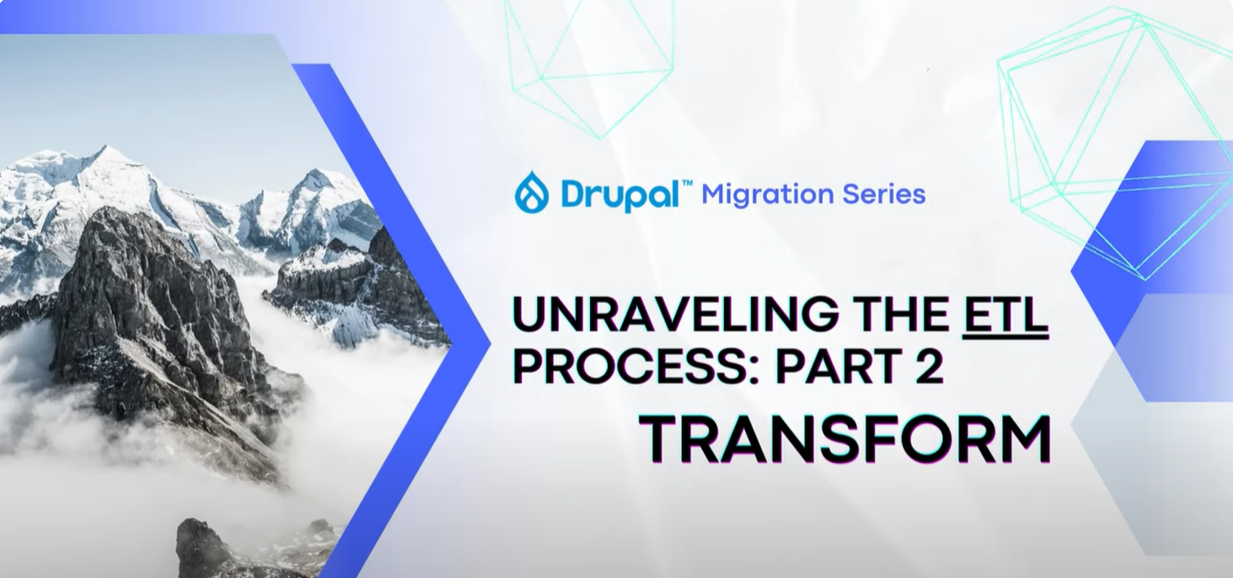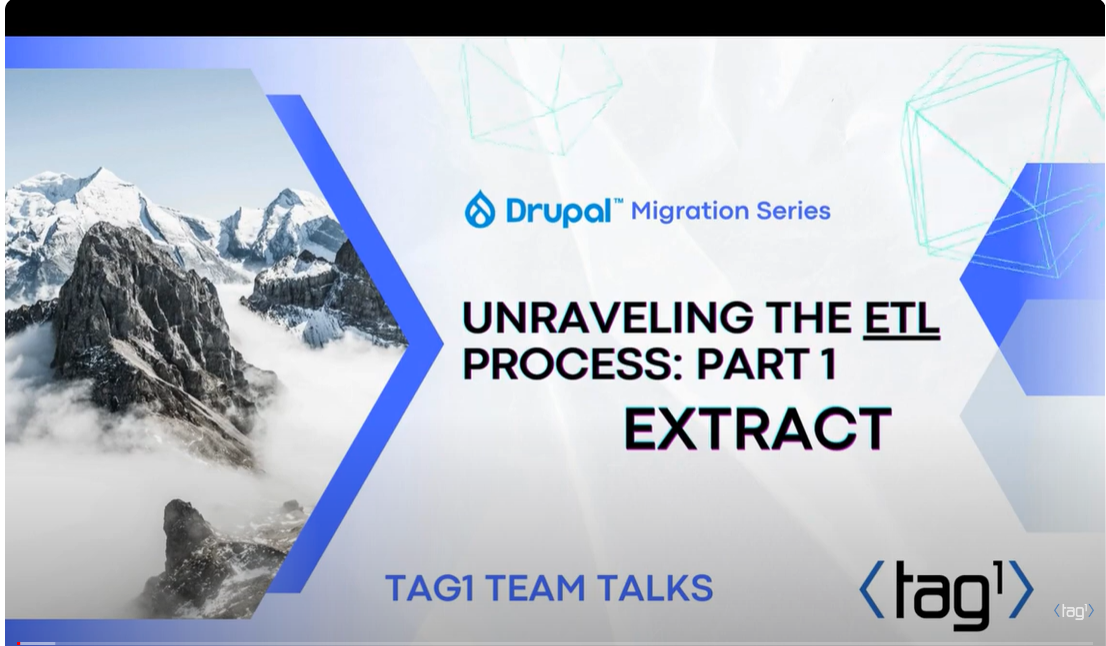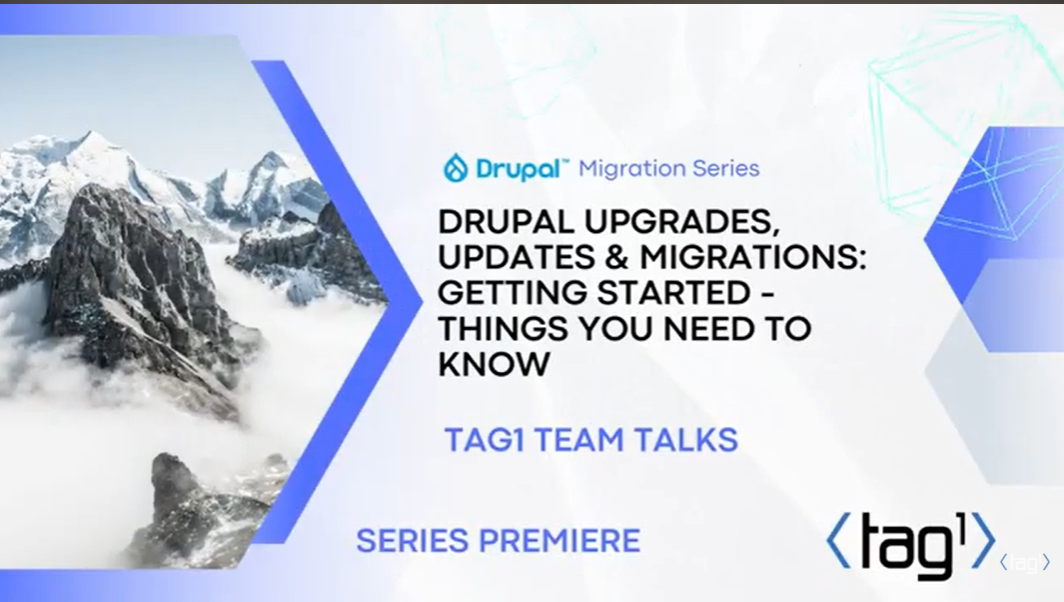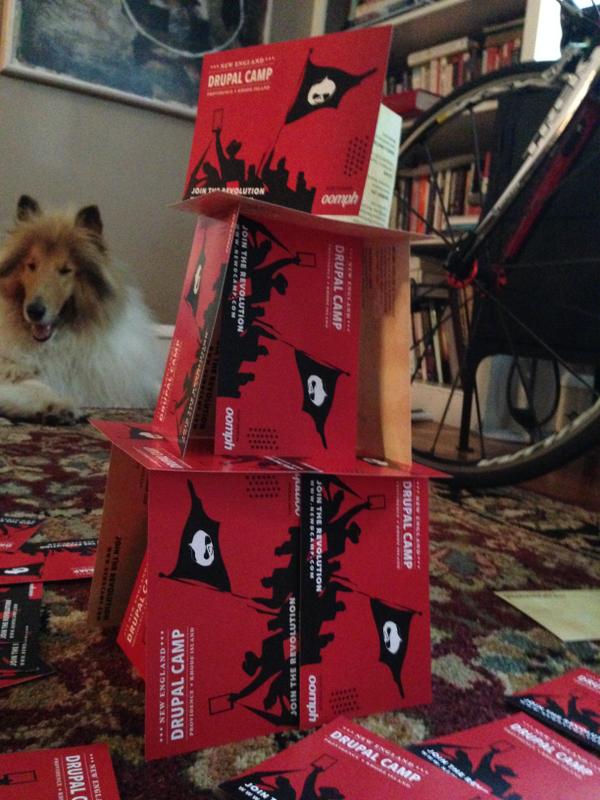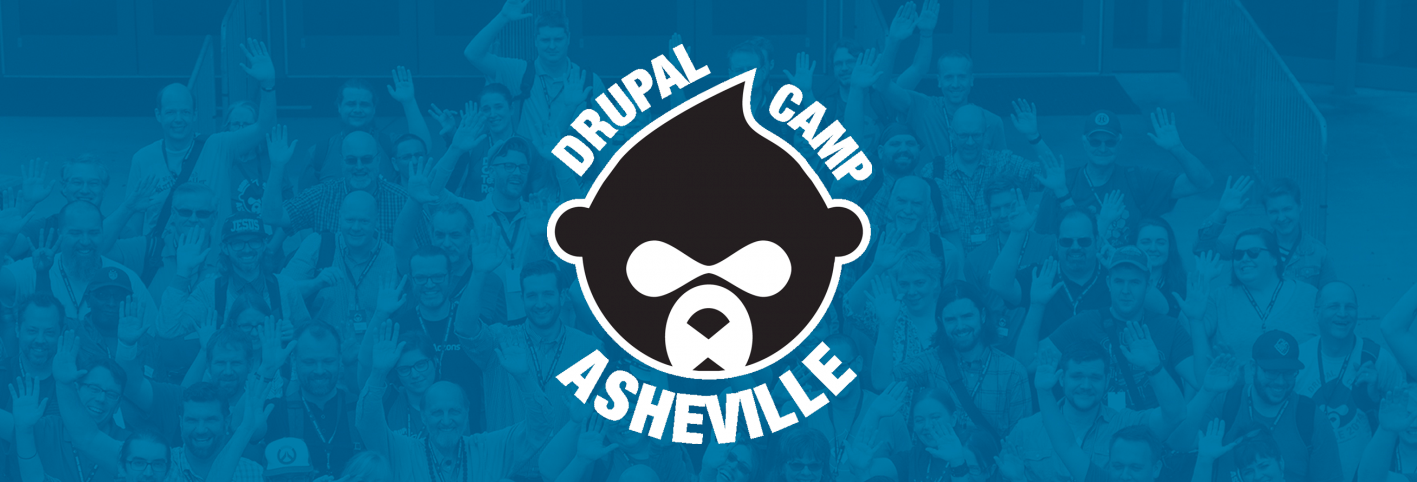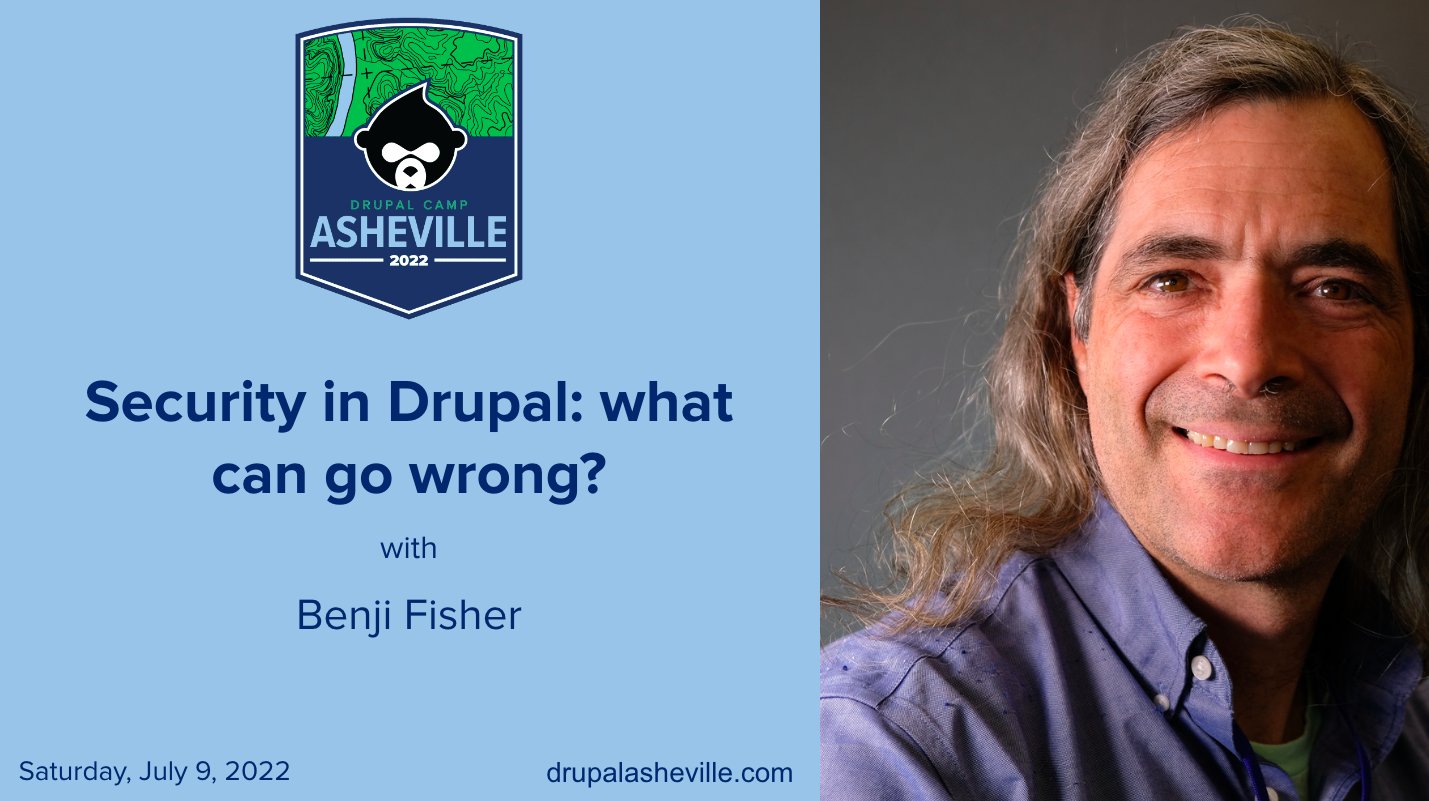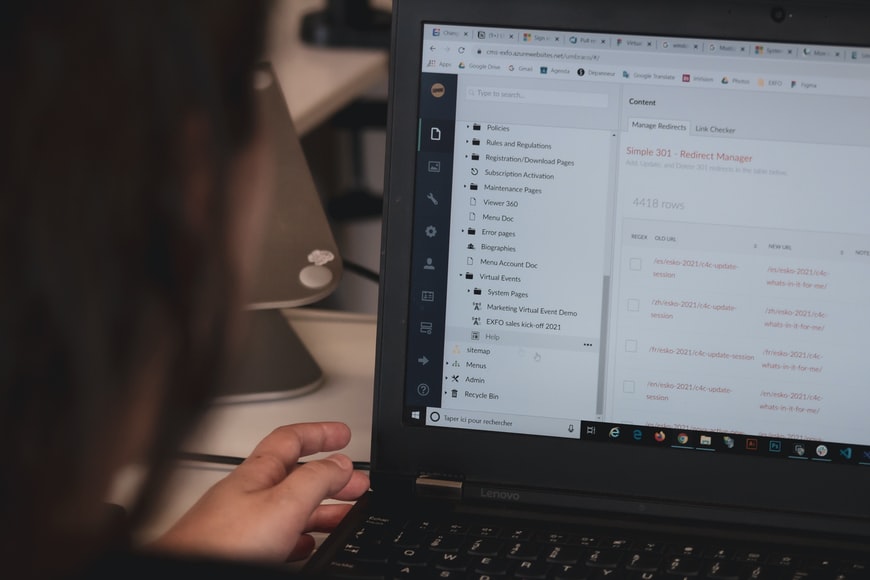Benji Fisher

Benji Fisher or benjifisher has been on Drupal for over 12 years with over 100 edits to documentation. He is currently working as a web developer with Fruition. Benji has previously worked with companies like Columbia university, NorthPoint Digital, Hook 42 and more. He has worked in the education and publishing sectors.
He has been a documentation editor, documentation guide maintainer, Drupal core subsystem maintainer, contributed theme, module or distribution maintainer and a mentor at the NA DrupalCon. Benji was also a Usability Group member and moderated their weekly meetings and recording.
Benji has attended many DrupalCon events and Drupal Camps. He has been credited for 159 issue fixes over the last year and a total of 304 project commits. He has contributed Drupal patches, Drupal modules and automated tests.








